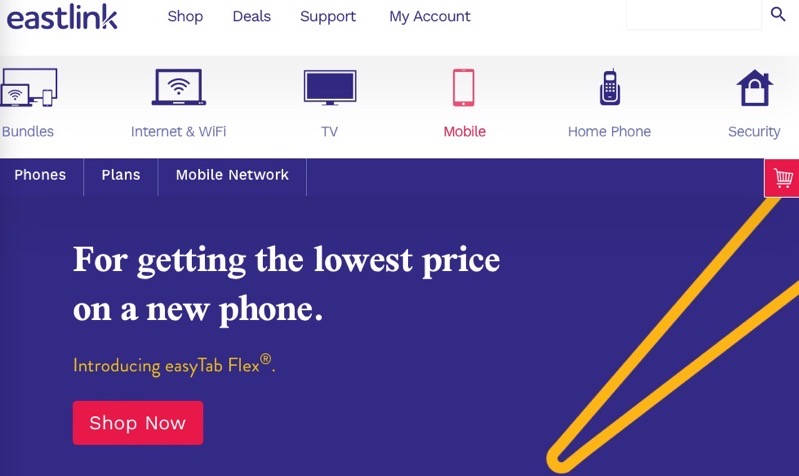
Telus Can’t Block Videotron from Spectrum Purchase in Western Canada, Rules Judge

The federal court has rejected Telus Corp.’s request to reverse Montreal-based wireless operator Vidéotron’s purchase of nearly $830 million worth of 5G spectrum licenses — reports The Globe and Mail.
Québecor-owned Vidéotron was able to bag 294 blocks of 3,500 MHz range wireless spectrum in Canada’s 5G auction last year. More than half of the licenses are for Alberta, British Columbia, Manitoba, and Ontario, furthering Vidéotron’s plans to expand outside of its home market of Quebec and become a national player in the wireless space.
Vidéotron was allowed to bid on up to 50 MHz of spectrum that the federal government had set aside for smaller, regional carriers, and so paid less than what Canada’s Big 3 shilled out for similar pieces of the spectrum.
Bell and Telus argued that some of the spectrum being set aside led to them having to pay more for licenses. The two national telcos petitioned the federal government to block issuance of 5G spectrum licenses to Vidéotron outside its home province.
Telus filed an application with the federal court to reverse Vidéotron’s spectrum purchases, alleging that the regional operator was “ineligible” for the auction under the federal government’s own rules. Vidéotron didn’t qualify to bid on spectrum outside Quebec and Ontario because it is not “actively providing commercial telecommunications services to the general public,” Telus argued.
However, Innovation, Science and Economic Development (ISED) Canada had decided Vidéotron was eligible for the auction on account of Fibrenoire Inc., an affiliate of the telco that offers fibre-optic connectivity services in those provinces.
Justice Alan Diner has now upheld ISED Canada’s decision, noting that it was in line with the pro-competition measures, including set-asides, outlined in Canada’s spectrum auction framework.
Vidéotron was awarded costs, and Justice Diner stated in written reasons released this week that Telus “has not provided a basis for the court to intervene.” The latter simply the more inclusive interpretation of the auction rules that the government has chosen, the judge noted.
“This judicial review is not the first time that Telus has opposed a pro-competitive interpretation or application of the eligibility criteria,” Justice Diner wrote. However, despite Telus’s previous objections, the Industry Minister “decided to proceed largely as initially proposed with respect to the set-aside auction, framed by the objective of increased competition,” he added.
Vidéotron plans to expand nationwide by either acquiring Shaw Communications Inc.’s Freedom Mobile, or becoming a mobile virtual network operator (MVNO) and leasing network capacity from the national wireless carriers.
However, the federal government is still working on ironing out the terms and conditions of its MVNO framework. For now, the fastest way for Québecor to achieve its expansion objectives is to acquire Freedom Mobile, which has about two million customers in Alberta, B.C., and Ontario.
Rogers and Shaw are currently looking to sell off Freedom Mobile in an attempt to obtain regulatory approval for their proposed $26 billion merger.
The Canadian Radio-television and Telecommunications Commission (CRTC) approved the Rogers-Shaw deal in March, but the Competition Bureau and ISED Canada are yet to sign off on it.
Rogers invited Québecor to bid on Freedom Mobile earlier this month, just as the Competition Bureau turned against the former’s planned acquisition of Shaw and petitioned the Competition Tribunal for a “full block” of the merger.
Québecor CEO Pierre Karl Péladeau said last week that the company is still interested in acquiring Shaw’s wireless business, but also has “many alternatives” for its planned expansion.

